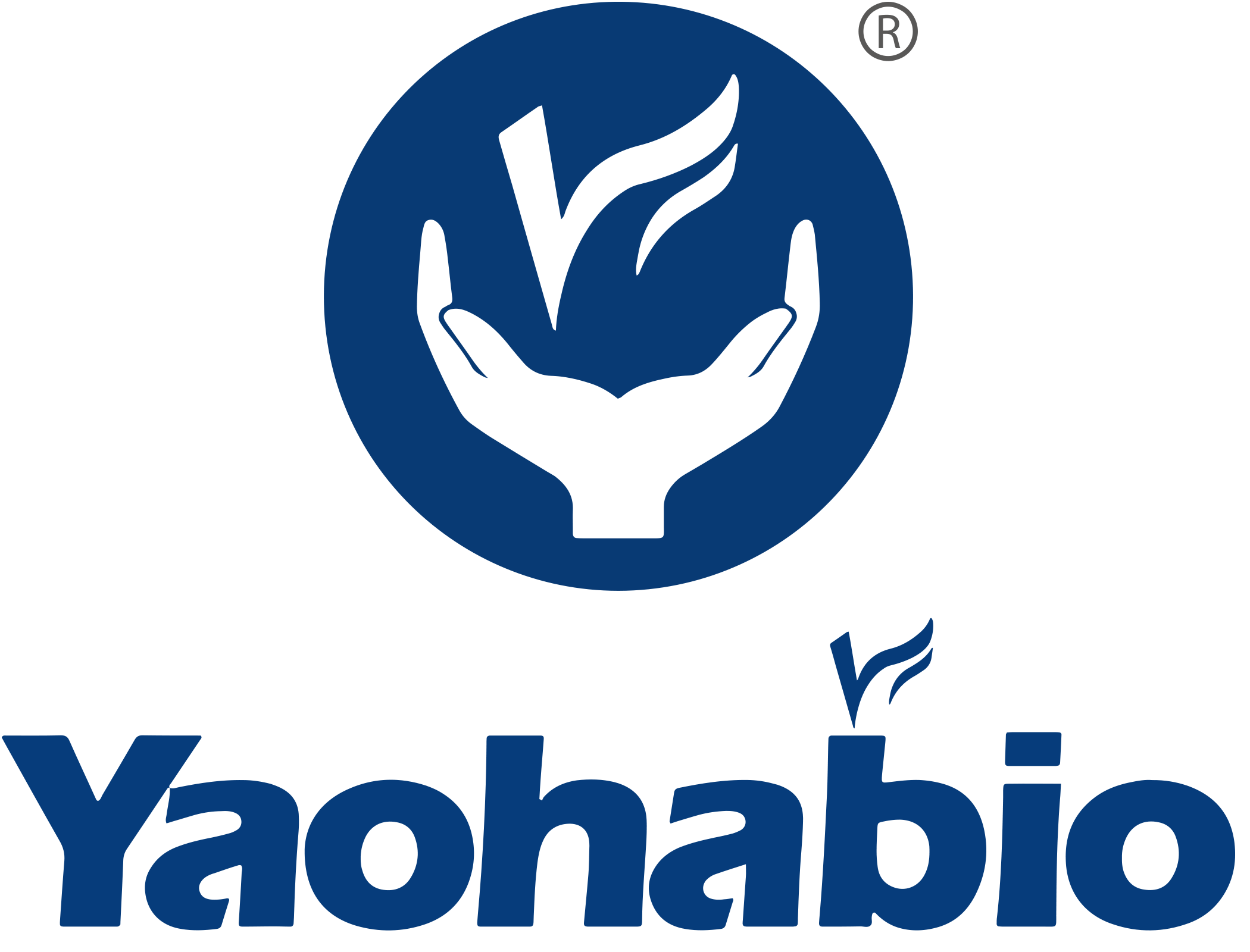Overcoming Challenges in Recombinant Protein Purification
In recent decades, recombinant proteins have proven crucial in combating various diseases, demonstrating great potential. With advancements in genetic engineering, significant breakthroughs have been made in protein drug research. Technologies like fusion proteins, peptides, and engineered antibodies have diversified the construction of recombinant proteins, enabling customization based on disease features and patient requirements.
During protein preparation, impurities that may cause adverse reactions or allergies can arise. This article summarizes the challenges faced in purifying complex therapeutic proteins and the solutions to overcome them. These methods aim to expedite new product development, shorten commercialization timelines, and reduce production costs.
Controlling Protein Reduction
Continuous ventilation, chemical inhibitors, and pH and temperature adjustments inhibit the activity of reductase to ensure the correct pairing of disulfide bonds, thereby maintaining protein structure and activity.
Protein Capture
Antibody Fusion Proteins: Utilizing affinity resins such as Protein A, G, and L, capture is performed based on the characteristics of antibody domains, with buffer systems optimized to enhance stability.
Untagged Recombinant Proteins: Employing nonspecific methods such as ion exchange (especially CEX) and hydrophobic interaction chromatography, separation is achieved based on the physicochemical properties of the proteins.
Stabilizing Proteins
By optimizing the buffer system, adjusting pH and protein concentration, introducing stabilizers like surfactants, reducing the impact of heat and shear force, and avoiding freezing and dehydration, protein stability is ensured.
Removing Aggregates
Methods such as affinity chromatography, ion exchange, hydrophobic interaction chromatography, and multimodal chromatography are utilized to effectively remove aggregates based on the physicochemical differences between aggregates and monomers.
Removing HCP
Through depth filtration, affinity chromatography, ion exchange, and hydrophobic interaction chromatography, combined with optimized conditions such as pH, salt concentration, and temperature, HCP is efficiently removed to ensure product safety, efficacy, and stability.
Improving Protein Recovery
Selecting appropriate depth filters and wash buffers reduces protein adsorption and loss while maintaining product quality and improving recovery rates.
The development of therapeutic protein drugs is a multifaceted and interdisciplinary system engineering effort. Chromatography technology plays a pivotal role in protein purification. Yaohai Bio-Pharma boasts extensive experience in recombinant protein purification, coupled with a team of experts, ensuring that your protein purification is completed at high speed and efficiency.
Yaohai Bio-Pharma is also actively seeking institutional or individual global partners and offers the most competitive compensation in the industry. If you have any questions, please feel free to contact us: [email protected]
Hot News
-
Yaohai Bio-Pharma Passed EU QP Audit and Attains ISO Triple Certification
2024-05-08
-
BiotechGate, Online
2024-05-13
-
2024 WORLD VACCINE CONGRESS Washington
2024-04-01
-
CPHI North America 2024
2024-05-07
-
BIO International Convention 2024
2024-06-03
-
FCE COSMETIQUE
2024-06-04
-
CPHI Milan 2024
2024-10-08

 EN
EN
 AR
AR
 HR
HR
 CS
CS
 DA
DA
 NL
NL
 FI
FI
 FR
FR
 DE
DE
 EL
EL
 IT
IT
 JA
JA
 KO
KO
 NO
NO
 PL
PL
 PT
PT
 RO
RO
 RU
RU
 ES
ES
 SV
SV
 IW
IW
 ID
ID
 LV
LV
 LT
LT
 SR
SR
 SK
SK
 SL
SL
 UK
UK
 VI
VI
 ET
ET
 HU
HU
 TH
TH
 TR
TR
 FA
FA
 AF
AF
 MS
MS
 BE
BE
 MK
MK
 UR
UR
 BN
BN

